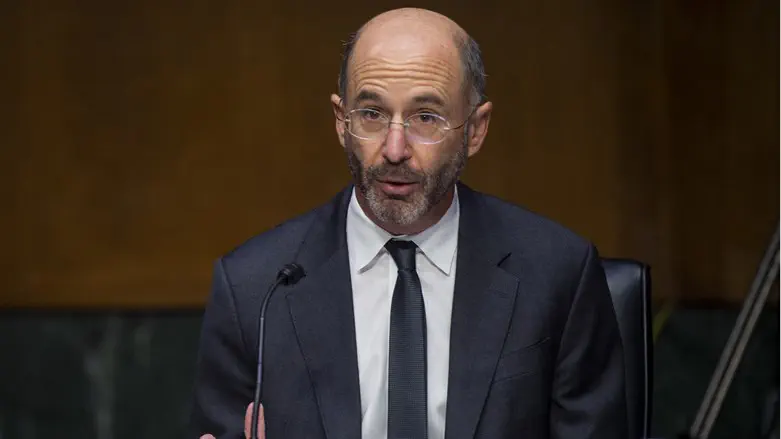
Iran's crackdown on protesters and the sale of drones to Russia have turned the United States' focus away from reviving a nuclear deal, which Tehran has so far rejected, Washington's special envoy for Iran said on Monday, according to Reuters.
Speaking to reporters in Paris, Robert Malley insisted that the United States would leave the door open to resume diplomacy "when and if" the time came, but stated that for now Washington would continue a policy of sanctions and pressure.
"If these negotiations are not happening, it's because of Iran's position and everything that has happened since (September)," Malley said.
"Our focus is not an accord that isn't moving forward, but what is happening in Iran ... this popular movement and the brutal crackdown of the regime against protesters. It's the sale of armed drones by Iran to Russia ... and the liberation of our hostages," he continued, referring to three American nationals held in Iran.
The 2015 agreement with major powers, known formally as the Joint Comprehensive Plan of Action (JCPOA), has been on life support since then-President Donald Trump withdrew the United States from it in 2018, but the US and Iran have been holding indirect talks since April 2021 in an effort to revive it.
Iran in September announced it had submitted its comments to the US response to the European Union’s draft for reviving the 2015 Iran nuclear deal.
While Iran’s Foreign Ministry spokesperson said at the time that Iran’s response was prepared based on a constructive approach, a senior Biden administration official said the Iranian response "is not at all encouraging.”
A US official later said that the efforts to revive the 2015 Iran nuclear deal have “hit a wall” because of Iran's insistence on the closure of the UN nuclear watchdog's investigations.
Since then, anti-government protests have broken out in Iran over the death of 22-year-old Mahsa Amini while she was in police custody.
The street violence that erupted after Amini’s death has led to dozens of deaths, mostly of protesters but also members of the security forces.
The EU, the United States, Canada and Britain have imposed sanctions over human rights abuses in Iran as well as for its drone sales to Moscow.


